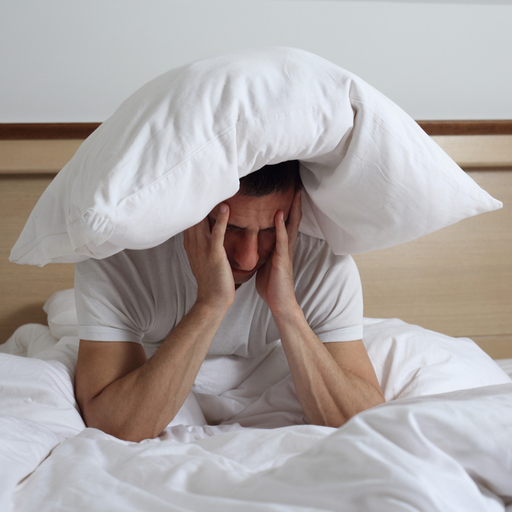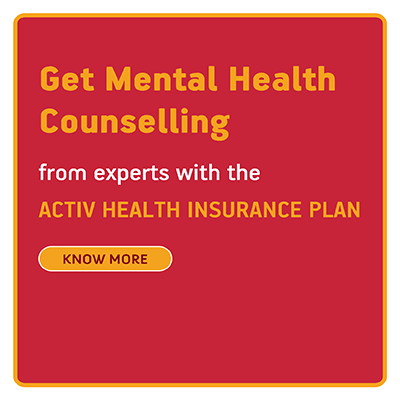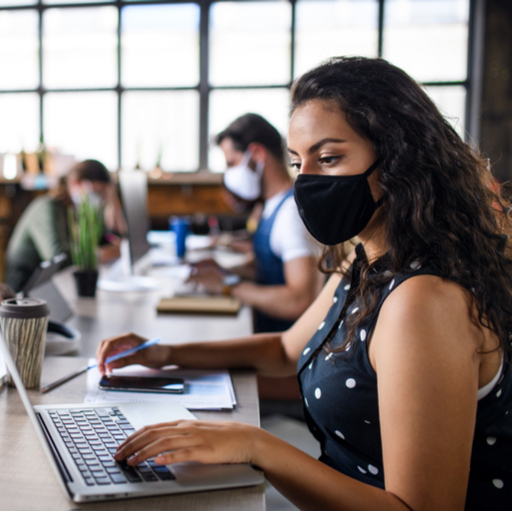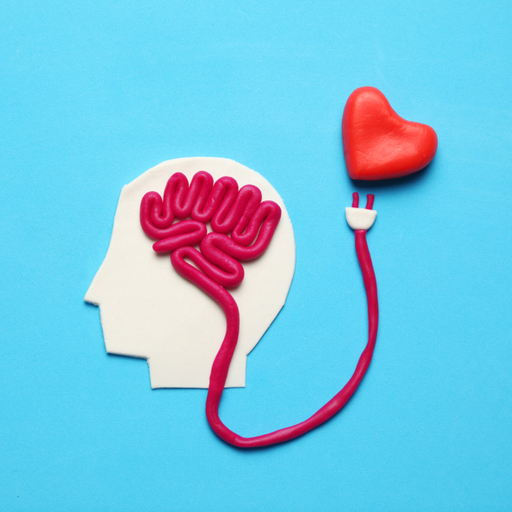Welcome to the Activ Living Podcast. This is a health and wellness podcast to help you stay healthy during the pandemic and prepare for life after lockdown too.
Our special guest for this episode is Dr. Dinesh Bagmane, a consultant physician in respiratory medicine at Bedforshire Hospital NHS Trust in the UK. He has over 20 years of experience in treating sleep disorders and respiratory diseases. He talks to us about how the pandemic has changed sleeping patterns and how to avoid sleep disorders.
He explains what are sleep disorders and why there have increased during the lockdown. Sleep disorders or lack of sleep can disrupt your daily life and it can also increase your risk of developing cardiovascular diseases.
Dr. Dinesh explains the effect of stress or anxiety on sleep. He says that some people can sleep well even when they are stressed but for most people stress is one of the main causes for lack of sleep, especially if they don’t have any sleeping disorder.
He also addressed the stigma associated with using sleep medications. He explains that there is medication for any kind of sleeping disorder: from insomnia (inability to sleep) to narcolepsy (falling asleep suddenly anytime). For many people, there is an existing worry that sleeping pills can be addictive. Dr. Dinesh explains that steady improvements over the years have made the medication more effective without the side effects. However, he also stresses that any medication should be taken after asking and understanding any side effects.
He explains the signs of obstructive sleep apnea which obstructs oxygen flow in your body, leading to restless sleep at night. He adds that diabetes and obesity can contribute to feelings of breathlessness while sleeping.
He suggests using a CPAP (Continuous positive airway pressure) machine to clear the respiratory system and get better sleep. Dr. Dinesh recommends taking a simple sleep apnea test that looks at your heart rate, snoring, and breathing patterns. It can help you understand if you have sleep apnea or not.
He sums it up by talking about how everyone can have a healthy sleep regardless of their health conditions. This includes shutting your screens at least for an hour before sleeping and not eating for at least 2 hours before sleeping.
Follow these tips to sleep better at night and be more active during the day. Stay tuned for more health updates with our Activ Living Podcast. You can also find regular and useful advice on fitness, nutrition, and mindfulness on our blog.





 1800-270-7000
1800-270-7000










Sleep disorder issue could be a very serious issue. You have described the information very well. Subscribed your blog.